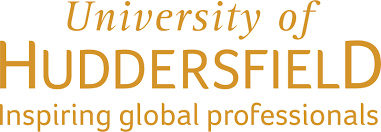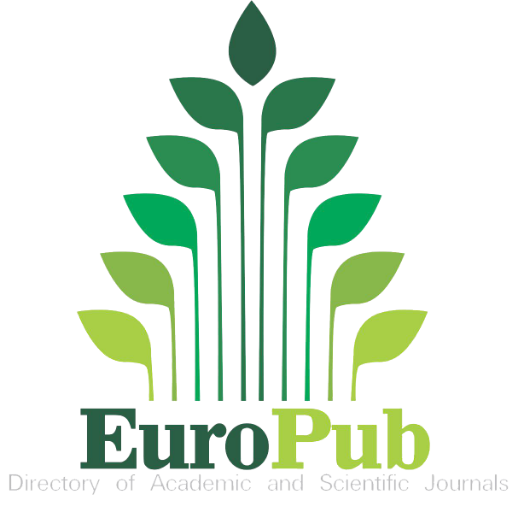Moments of Connection As Means of Survival
A Study of Queer Identity, Freedom and Community in UK Raves During the Covid-19 Pandemic
Abstract
From the start of the pandemic in the UK, reports emerged of illegal raves being held by young people in violation of social distancing regulation. Media discourse was laden with condemnation levelled at the public health risk and the perceived immorality and unfairness associated with the behaviour. Drawing on 11 semi-structured interviews with attendees, this study explores the motivations for going to and experiences of raves during Covid-19. Raves are unique social safe spaces for LGBTQ+ individuals to create community, emotional connections and express their sexual identity. Additionally, the pursuit of escapism via raves was no longer only symbolic, as individuals chose to escape the confines of lockdown. These findings illuminate the function of raves as social spaces outside normal society where participants can experience identity expression, connection, and freedom. They offer a more nuanced understanding of raves beyond stereotypes of hedonist youth and immorality.
Downloads
Published
Issue
Section
License
Authors who publish with this journal agree to the following terms:- Authors retain copyright and grant the journal right of first publication with the work simultaneously licensed under a Creative Commons Attribution-Noncommercial-Share Alike License that allows others to share the work with an acknowledgement of the work's authorship and initial publication in this journal.
- Authors are able to enter into separate, additional contractual arrangements for the non-exclusive distribution of the journal's published version of the work (e.g. post it to an institutional repository or publish it in a book), with an acknowledgement of its initial publication in this journal. Such derivate works or subsequent publications must happen no less than one calendar year after the initial publication date in Dancecult.
- Authors are permitted and encouraged to post their work online (e.g. in institutional repositories or on their website) prior to and during the submission process, as it can lead to productive exchanges, as well as earlier and greater citation of published work (See The Effect of Open Access).






